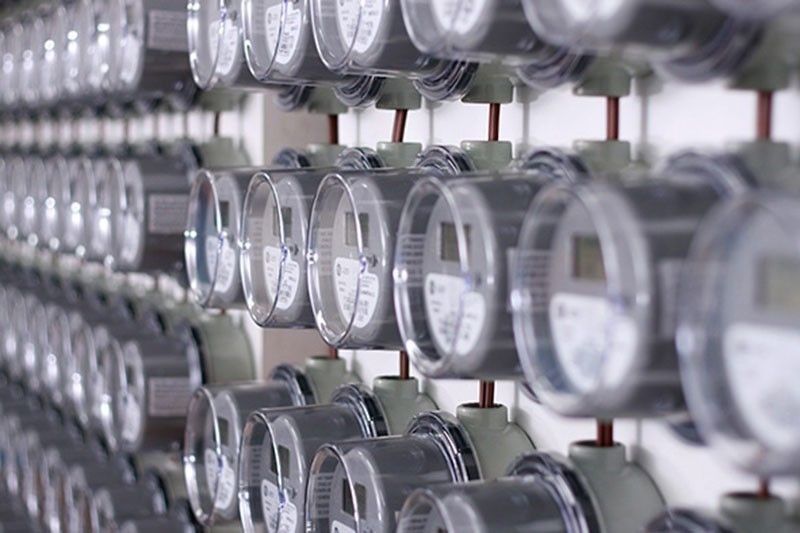Energy reforms to lower electricity cost – research group

MANILA, Philippines — Full implementation of energy reforms under the Renewable Energy (RE) Law of 2008 and the Electric Power Industry Reform Act (EPIRA) of 2001 would afford Filipino consumers cheaper power costs, a research group said.
Environmental research institute Center for Energy, Ecology, and Development (CEED) cited ineffective bureaucratic policies, lack of competition and transparency in the power supply agreements and rising contract costs as causes of high electricity costs.
These three major hindrances to affordable energy could be solved if the government would only pursue the proper implementation of the RE Law, CEED executive director Gerry Arances said.
“After 10 years, the benefits of the RE Law could have done more to service RE developers, electricity cooperatives, and communities which desire to be energy-independent from high electricity prices,” he said.
Arances said the law’s intended effect, which is to kickstart RE investments, has not yet been felt 10 years after its passage.
“This means that the playing field in competition among power generation players is still not leveled, giving undue advantage to companies relying on fossil fuel sources like coal, which has been globally increasing in cost,” he said.
Meanwhile, CEED said the House of Representatives’ decision to remove RE subsidies is a step in the wrong direction as this would only spur more coal power investments.
“This will only make the playing field further in favor of coal, which already enjoys incentives from the Coal Development Act, the Investment Code, Oil Exploration and Development Act, and EPIRA. We advise the Senate not to follow this decision by the Lower House,” Arances said.
On the other hand, Sanlakas secretary-general Aaron Pedrosa said “the inefficacy of bureaucratic policies for RE is a result of the government’s bias towards coal, as reflected in the Department of Energy’s Philippine Energy Plan.”
“The Philippines cannot seriously achieve clean, affordable renewable energy if the plan remains to rely on coal which still envisions 60 percent of energy supply to still come from coal by 2040,” he said.
Pedrosa said amending EPIRA is long overdue as it should focus on leveling the playing field.
“Reforms must not prioritize the interests of profiteering companies, but rather the power consumers and the coal-affected communities who are paying and will be paying for the government’s coal addiction,” he said.
Last July, CEED, Sanlakas, and other organizations from the P4P Coalition launched the Clean, Affordable, Renewable Energy (CARE) Campaign to push the government to rekindle the commitment to provide homes with RE to combat high prices and environmentally-destructive coal projects.
- Latest
- Trending




























